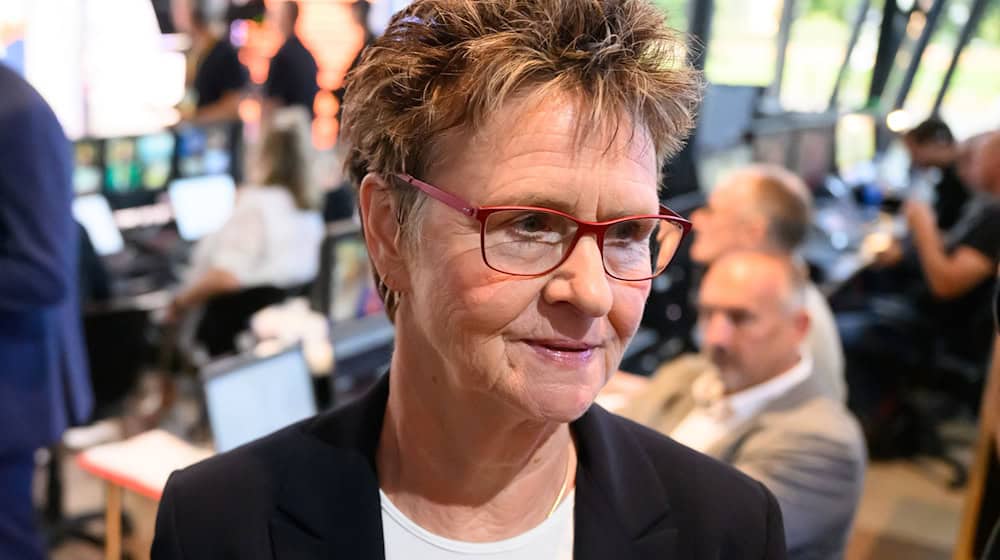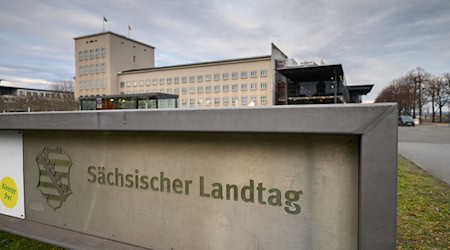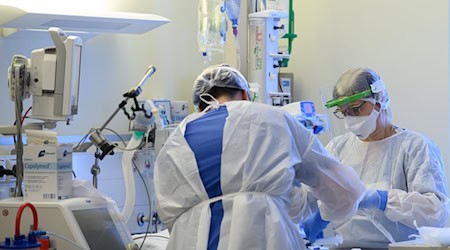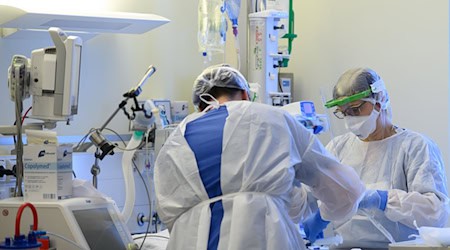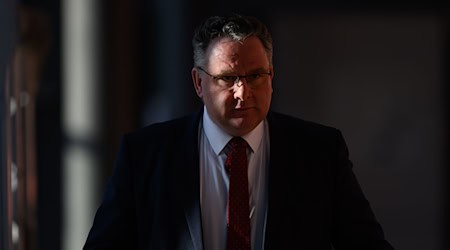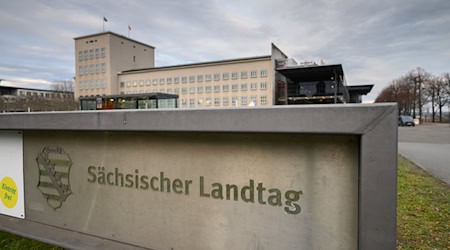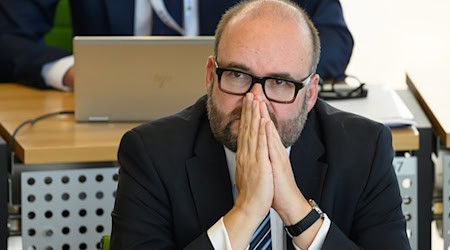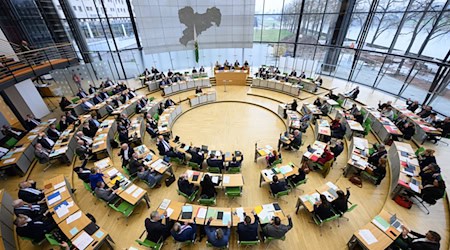The Sahra Wagenknecht Alliance (BSW) is calling for a new political culture in Saxony. "We have set out to bring peace to society and unite the population," said Sabine Zimmermann, head of the BSW in Saxony, to the German Press Agency in Dresden. Looking at recent history, this also includes a coronavirus committee of inquiry. "It is important that things like this don't happen again. The population expects positive signals from us." Next Monday, the CDU, BSW and SPD will come together for the first time in a three-party constellation. There is no talk of exploratory talks or coalition negotiations yet.
"We need a common sense policy. We need to look at what is feasible and not what is not," said Zimmermann. Saxony needs a fresh start. A new government must stand for a change in policy. "Let's take the example of schools. We must not just talk about investing in the future, we must also implement it. The same applies to hospitals." Ideologies are not helpful here. "This is not about right and left. That discussion is over. It's all about the interests of the people in Saxony. What can we change? How can we solve people's problems? That is the point."
According to Zimmermann, Saxony must also stand up to the federal government in the event of undesirable developments and then speak with one voice. The talks with the CDU and SPD so far had been held in a good atmosphere. "We are still getting to know each other. But it has gone well so far and we have also discussed content. We've already made quite a bit of progress." From the BSW's point of view, the topic of peace is at the top of the agenda. Greater efforts are needed from the federal government to find a diplomatic solution to the war in Ukraine.
Zimmermann sees a discrepancy in financial policy. "It is obvious: The debt brake in the Basic Law urgently needs to be reformed. The pressure to act is immense." On the one hand, there is an enormous investment backlog at federal, state and local level. This is a legacy of the era of former Chancellor Angela Merkel (CDU). On the other hand, the challenges of the transformation must be overcome - from climate protection to the energy and transport transition. Their financing is still completely unclear. It should not be at the expense of broad sections of the population. The CDU is also currently rejecting calls from Saxony's SPD to adjust the debt brake.
According to Zimmermann, Saxony has even tightened the federal rules with its restrictive debt brake. In the event of emergencies such as the coronavirus pandemic, loans would have to be repaid in full within eight years. "This is currently burdening the budget with 400 million euros a year, which is missing for investments. It would make more sense to repay the coronavirus debt over a much longer term, for example in 50 years - as North Rhine-Westphalia has planned." Saxony's debt brake urgently needs to be reformed. What is needed is a budgetary policy with a sense of proportion that uses the existing scope for investment.
The BSW chairwoman from Saxony assumes that her party will bring a breath of fresh air into parliament. The BSW represents a broad section of the population; her co-chair Jörg Scheibe, for example, is an entrepreneur. "If we are accused of not having a clue and being political newcomers, then that misses the point of the times. That's what it's all about: we need new ways of thinking. We are entering the state parliament with experienced people." Accusations that the BSW stands for populism and Stalinism or is "controlled by the Kremlin" are nonsense and lack any basis.
According to Sabine Zimmermann, the political players in Saxony should always keep the result of the state election in mind. "The result was clear. People want a tangible change." In the election on September 1, the CDU was only just ahead of the AfD (30.6%) with 31.9% of the vote. The BSW managed 11.8% from a standing start, leaving the SPD, Greens and Left far behind. It is no longer enough to continue the old coalition of CDU, SPD and Greens. In the event of a majority government, the CDU/CSU would have to rely on the BSW, which would only have to assume responsibility a few months after its foundation.
Copyright 2024, dpa (www.dpa.de). All rights reserved

